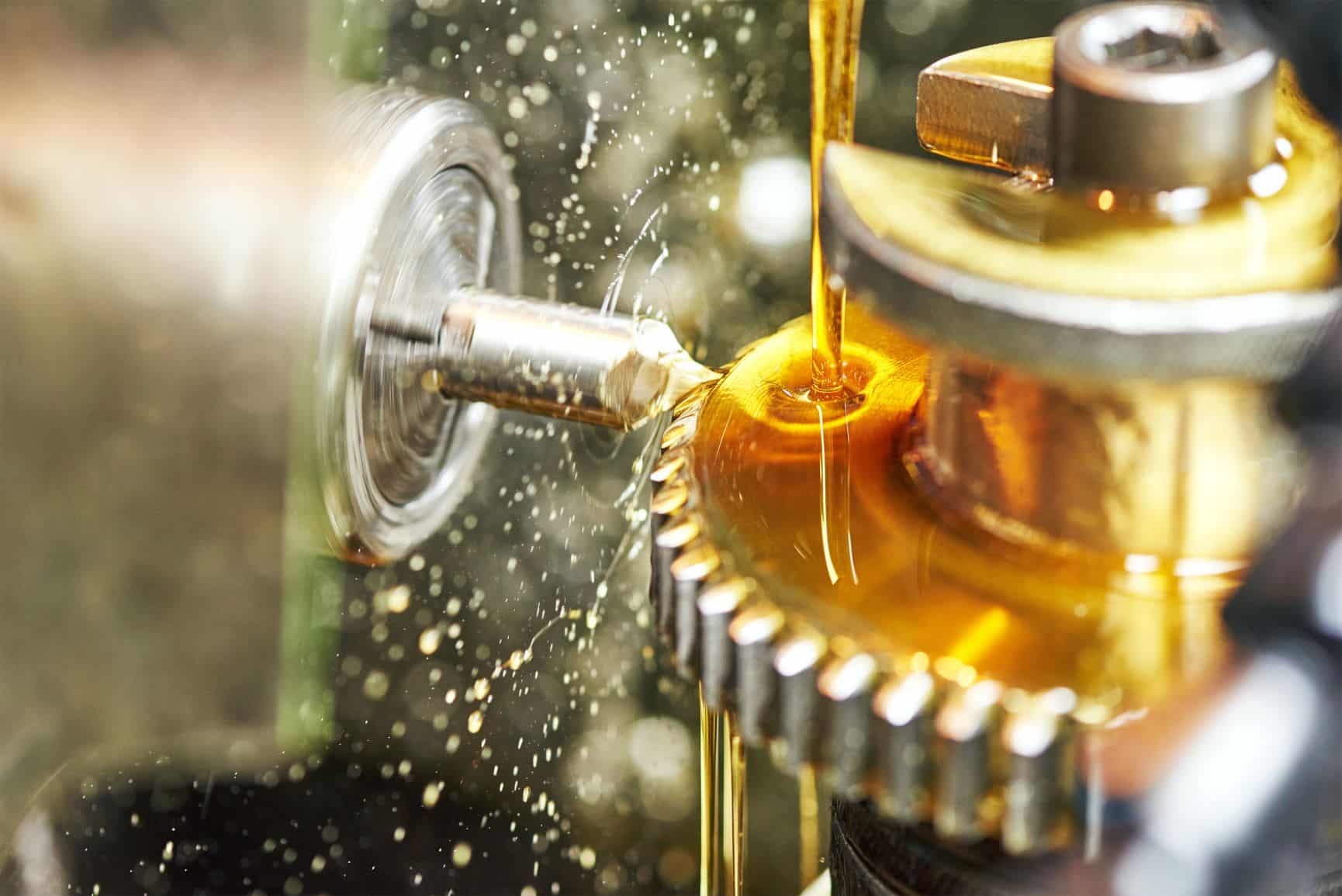Machine Lubricant: Essential Knowledge You Should Know
Machine lubricants are vital for the optimal performance and longevity of various types of machinery. Understanding the essential aspects of machine lubricants can help in selecting the right product and ensuring proper maintenance. Here’s what you need to know:
Importance of Machine Lubricants
Reduces Friction and Wear: Lubricants form a film between moving parts, minimizing direct contact and reducing friction and wear.
Heat Dissipation: By absorbing and dissipating heat, lubricants help prevent overheating and maintain a stable operating temperature.
Contaminant Removal: Lubricants help in flushing out dirt, metal particles, and other contaminants from the machinery.
Corrosion Protection: They form a protective barrier on metal surfaces, preventing corrosion and rust.
Sealant Properties: Lubricants can also act as sealants, preventing leakage and maintaining pressure in hydraulic systems.

Types of Machine Lubricants
Mineral Oils: These are derived from crude oil and are widely used due to their cost-effectiveness and availability.
Synthetic Oils: Made through chemical synthesis, these oils offer superior performance, especially in extreme temperatures and conditions.
Semi-Synthetic Oils: A blend of mineral and synthetic oils, providing a balance between performance and cost.
Bio-Based Oils: Environmentally friendly options made from renewable resources, suitable for specific applications.
Key Properties of Machine Lubricants
Viscosity: The thickness of the engine oil, which affects its flow and film-forming ability. Proper viscosity is essential for effective lubrication.
Viscosity Index (VI): A measure of how much the oil’s viscosity changes with temperature. Higher VI indicates better performance across temperature ranges.
Pour Point: The lowest temperature at which the oil remains fluid. Important for applications in cold environments.
Flash Point: The temperature at which the oil can ignite. Higher flash points are safer for high-temperature operations.
Additives: Substances added to enhance specific properties, such as anti-wear agents, detergents, dispersants, and antioxidants.
Selecting the Right Machine Lubricant
Identify the Machinery Requirements: Check the manufacturer’s recommendations for lubricant type and specifications.
Consider Operating Conditions: Take into account the operating temperature, load, speed, and environment of the machinery.
Check Compatibility: Ensure the lubricant is compatible with the materials and seals used in the machinery.
Evaluate Performance Needs: Consider factors such as lubrication intervals, maintenance schedules, and expected service life.
Common Additives in Machine Lubricants
Antioxidants: Prevent oxidation and extend the engine oil’s life.
Detergents: Keep engine and machinery parts clean by preventing deposit formation.
Dispersants: Help keep contaminants in suspension, preventing sludge formation.
Anti-Wear Agents: Provide extra protection to metal surfaces under high pressure.
Rust and Corrosion Inhibitors: Protect metal surfaces from rust and corrosion.
Application and Maintenance Tips
Regular Monitoring: Check lubricant levels and condition regularly to ensure optimal performance.
Proper Storage: Store lubricants in a cool, dry place to prevent contamination and degradation.
Clean Application: Ensure that the machinery and application tools are clean to avoid introducing contaminants.
Follow Manufacturer Guidelines: Adhere to the recommended lubrication schedules and quantities specified by the machinery manufacturer.
Use the Right Tools: Use appropriate tools and techniques for applying and handling lubricants to ensure proper coverage and effectiveness.
By understanding these essential aspects of machine lubricants, you can ensure that your machinery operates smoothly, efficiently, and with a longer service life.
